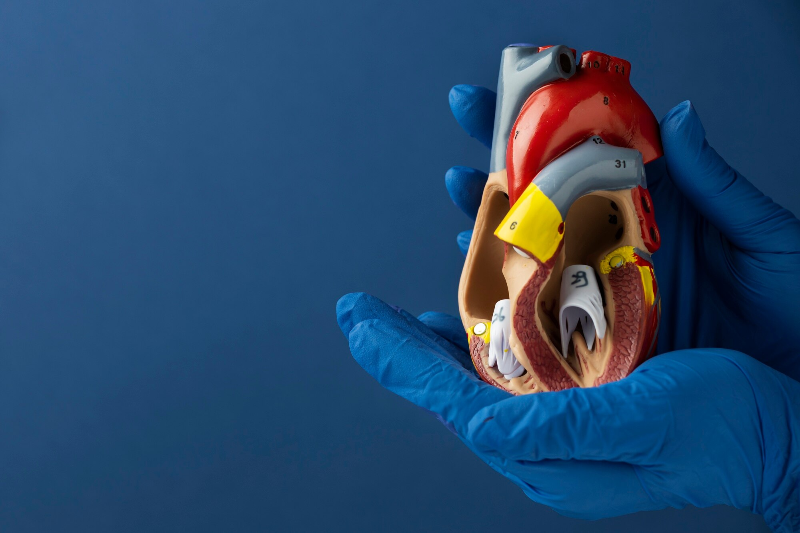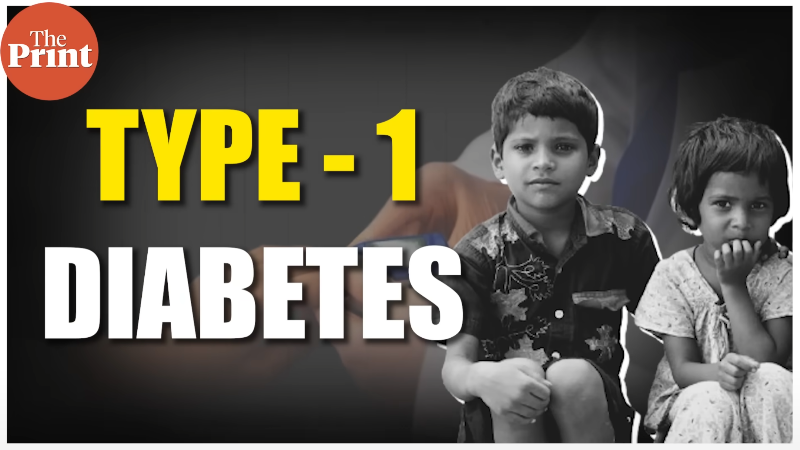(HealthDay)—For patients with early-stage breast cancer, 10-year outcomes are similar for treatment with partial breast irradiation (PBI) and whole breast irradiation (WBI), according to a study presented at the annual San Antonio Breast Cancer Symposium, held from Dec. 10 to 14 in Texas.
Icro Meattini, M.D., from the University of Florence in Italy, and colleagues presented 10-year follow-up data from the APBI IMRT Florence phase 3 trial. Women aged older than 40 years affected by early breast cancer were randomly assigned to receive either WBI using three-dimensional conformal radiotherapy or accelerated PBI (APBI) using an intensity-modulated radiotherapy technique. Two hundred sixty patients were enrolled in each arm.
The researchers observed no significant difference in terms of ipsilateral breast tumor recurrence (IBTR) rates between the treatment arms (log rank test, P = 0.58). The five-year and 10-year IBTR rates were 1.96 percent (five events; 95 percent confidence interval [CI], 0.3 to 3.7) and 3.74 percent (nine events; 95 percent CI, 1.5 to 6.3), respectively, in the APBI group compared with 1.2 percent (three events; 95 percent CI, 0 to 2.5) and 2.5 percent (six events; 95 percent CI, 0.7 to 4.5), respectively, for the WBI group. For APBI versus WBI patients, the hazard ratio was 1.33 (95 percent confidence interval, 0.49 to 3.56; P = 0.58). Regarding survival outcomes, there were no significant differences noted between the treatment arms (overall survival, 95.4 percent in APBI versus 94.3 percent in WBI; hazard ratio, 0.66; 95 percent confidence interval, 0.29 to 1.53; P = 0.33).
"Partial breast irradiation is one of the primary examples of effective de-escalation of treatment in breast oncology," Meattini said in a statement.
More information: Press Release
More Information
Copyright © 2019 HealthDay. All rights reserved.







Post comments